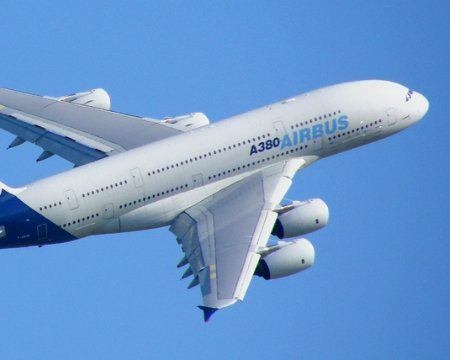High-Altitude Tastebuds Partly To Blame For Bad Airplane Food
The terribleness of airplane food is a long-running punch line, and it persists no matter how many celebrity chefs sign on to do special menus for first class. But it turns out the terrible reputation of airplane food might not be entirely the fault of the food, because being stuck in an airplane at high altitudes does crazy things to our tastebuds.
According to NBC, a study by Lufthansa indicated that the dry air and pressure change in an airplane cabin reduce passengers' perceptions of sweet and salty flavors by about 30 percent, making even flavorful foods taste suddenly bland and lifeless.
"If you ate airline food at sea level, you might be surprised by how liberally the chefs have actually spiced it," NBC's Jordan Gaines wrote.
Cabin pressurization also causes passengers' mucus membranes to swell, which dampens one's ability to taste in a way that's similar to the effects of being stuffed up from a cold.
Even the noise of an airplane affects the way passengers perceive the flavors of food. A recent study indicated that passengers eating with background noise rated foods as less sweet and less salty than test subjects eating in silence. The background noise did appear to make people perceive food as more crunchy, though.
Given all the factors affecting the way a person tastes food in flight, airlines are facing an uphill battle to combat the negative reputation of airplane food.
Airplane cocktails, however, are still golden.
